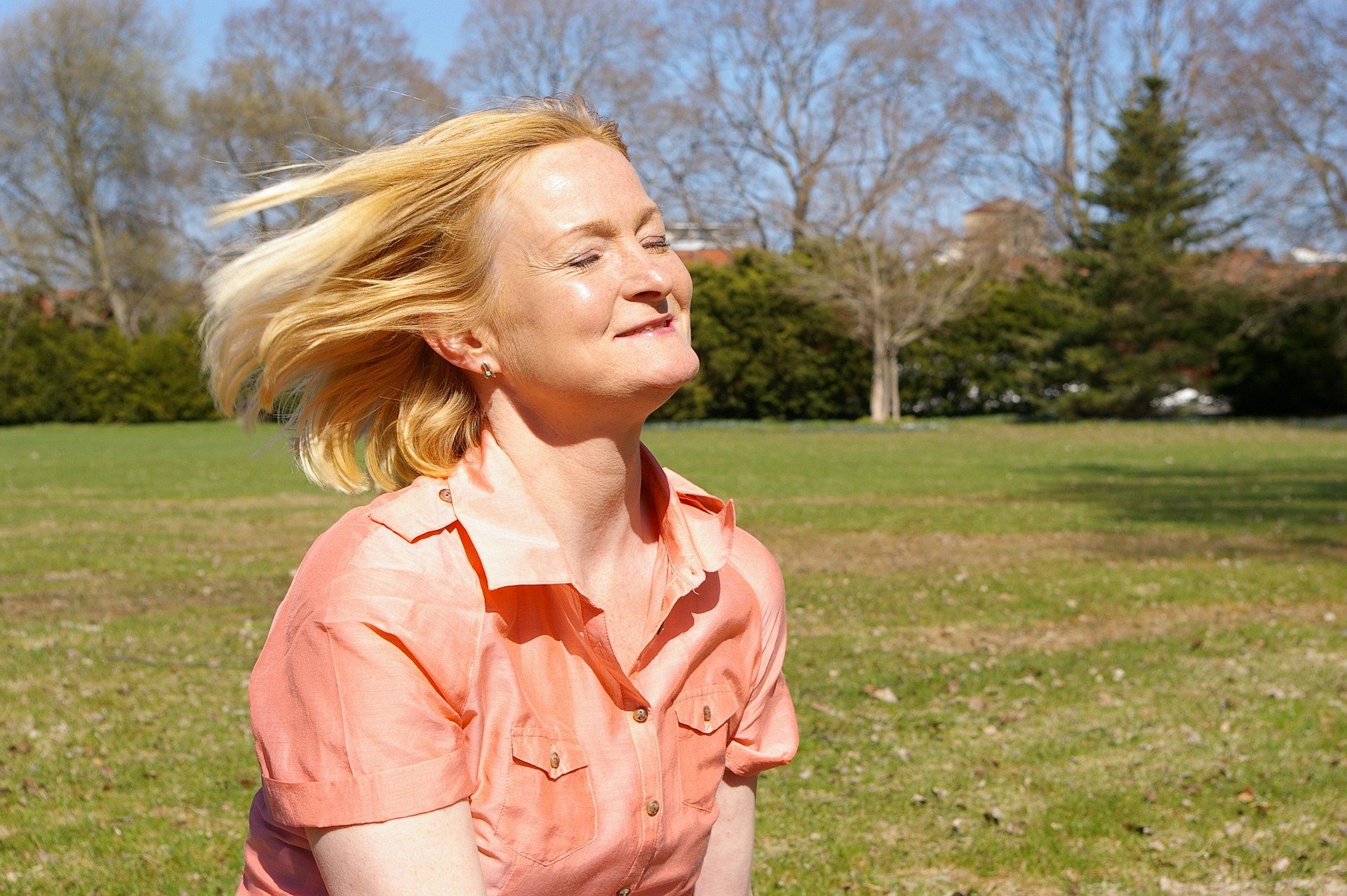As women enter menopause, they can experience a wide range of symptoms, from hot flashes to mood swings. Unfortunately, sleep problems are also common during this time, and can take many forms. From insomnia to sleep apnea, restless leg syndrome and more, sleep disorders can have a profound impact on a woman’s overall health and well-being. In this article, we’ll explore the connection between menopause and sleep disorders, as well as the causes of these disorders and how they can be treated.
One of the most common sleep disorders associated with menopause is insomnia. Insomnia is characterized by difficulty falling asleep, staying asleep, or waking up too early. It’s often accompanied by feelings of fatigue, irritability, and difficulty concentrating during the day. During menopause, hormonal changes can disrupt the balance of neurotransmitters in the brain, making it more difficult to fall asleep and stay asleep. Additionally, hot flashes and night sweats can also contribute to sleep disruption.
Another sleep disorder that is common during menopause is sleep apnea. Sleep apnea is a condition in which a person stops breathing for short periods of time during sleep. This can lead to fragmented sleep, daytime fatigue, and a number of other health problems. In women, hormonal changes during menopause can cause changes in the airways and make them more susceptible to sleep apnea.
Restless leg syndrome (RLS) is another sleep disorder that is associated with menopause. RLS is characterized by an irresistible urge to move the legs, especially at night. This can lead to sleep disturbance and feelings of fatigue and irritability during the day. The exact cause of RLS is not known, but some research suggests that hormonal changes during menopause may play a role.
So what can women do to manage sleep disorders during menopause? There are several strategies that can be helpful.
First, it’s important to maintain good sleep hygiene. This includes creating a sleep-conducive environment, such as keeping the bedroom cool and dark, and avoiding screens (such as televisions, computers, and smartphones) before bed. It’s also important to establish a regular sleep schedule and stick to it as much as possible.
Second, women can try natural remedies to help with sleep. For example, practicing relaxation techniques such as yoga, meditation, or deep breathing can help calm the mind and promote sleep. Some women also find relief from hot flashes and night sweats by drinking cold water or using a fan.
Third, medication may be necessary to manage sleep disorders during menopause. Over-the-counter remedies, such as antihistamines and melatonin, can be helpful for mild sleep disturbances. Prescription medications may be necessary for more severe sleep disorders. Women should speak with their healthcare provider to determine the best course of treatment for their individual needs.
In conclusion, menopause can bring about a wide range of sleep disorders, including insomnia, sleep apnea, and restless leg syndrome. However, with proper management and treatment, these disorders can be effectively managed and treated. By maintaining good sleep hygiene, trying natural remedies, and seeking medical help when necessary, women can improve their sleep quality and overall health during menopause.
